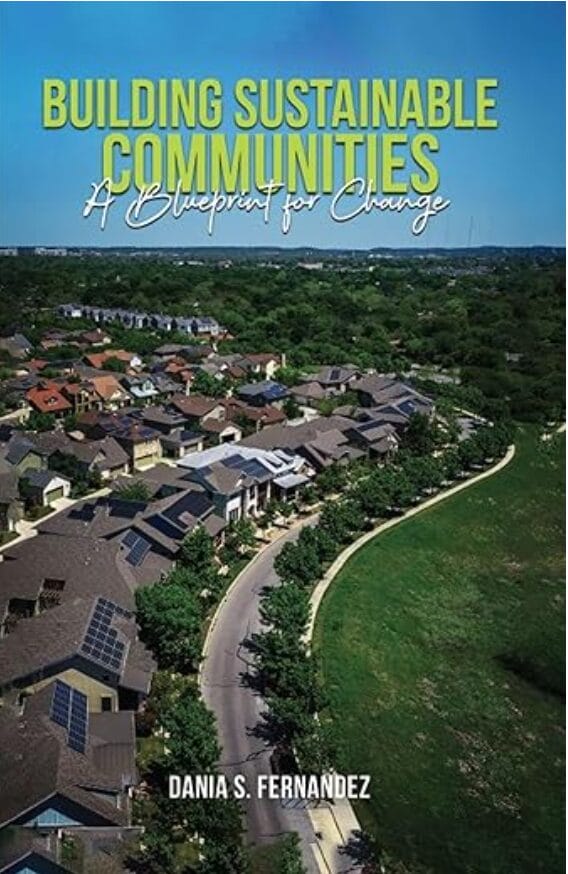
If you’re moving into a planned development you’ll most likely be required to join the HOA, condo association or community association. The association is all about the community, but it’s managed by an overseeing body called the board of directors (BOD). The BOD enforces the rules and regulations, collects dues, maintains the budget and generally makes decisions based on the community’s interests and the protection of home values.
Before you sign on the dotted line there are a few things you should know about HOAs and community associations. This blog will go over the top considerations you should be aware of before joining a planned development in Florida.
Mandatory membership
You might be wondering if you can opt out of the HOA. Sorry, but that’s not an option. In existing HOAs your purchase of a home is tied into the membership. If you buy the home you are legally bound to join the HOA.
The laws of the land
Planned developments are guided by the rules and regulations dictated in the Covenants, Conditions & Restrictions (CC&Rs). The CC&Rs are legally binding and filed with the state. They are not suggestions, they are strict guidelines. If you do not follow the CC&Rs you could be fined or even have lien of foreclosure placed on your home.
Assessments
Like your membership in the association, the assessments required by your HOA are mandatory. Fees will range depending on amenities, location, the size of the community and more. Additional assessments could also be applied for unexpected expenses and special assessments. Failure to pay assessments can result in a lien or foreclosure.
Architectural and use restrictions
The CC&Rs will generally always have stipulations about architectural and aesthetic restrictions within the community. These can limit the color you paint your home, the size of your fence, your landscaping, how many cars can be parked outside your home and even the style and color of your front door. Again, you are legally bound to follow these restrictions or you face fines.
Regulations
In addition to use restrictions your CC&Rs will dictate any number of regulations. From sports equipment and kids playgrounds to pet regulations. It’s a very good idea to really examine your HOA’s CC&Rs to see if they match your needs and lifestyle.
HOA BOD powers and duties
The board oversees the community’s needs by enforcing the CC&Rs. They are fellow community members but they can also assign management and duties to people that are not community members like a property management company.
The BOD enforces the paying of taxes and assessments, contracts for insurance and contracts for services and goods. They also have power to delegate committees, employees and officers. One of their biggest responsibilities is to prepare and oversee the budget and financial documents, as well as holding the proper proceedings for association member violations.
Dispute resolution
The association and community must abide by the CC&Rs and the CC&Rs are governed by the Florida statutes. Owners can file suit with other owners and the association if the law is not being followed. On the other hand, the association also has the power to sue members who are not following the governing documents. The CC&Rs, as well as the Florida statutes have a resolution process to follow depending on the offense and the situation.
There you have it. This broad overview should give you a thorough background in understanding Florida community associations.
When it comes to individual HOAs, condo associations and other community associations the devil is always in the details. So, before you join any community organization you should familiarize yourself with the CC&Rs and Florida statutes, and make sure to address your questions to the BOD.
Want more info? We have a wealth of free resources on all aspects of community law available on our site.
And you can always reach out if you want to know more about community associations.


Are the BOD required to be full time residents of the community they govern? Or can they be snow-birds for six months?
Thank you.